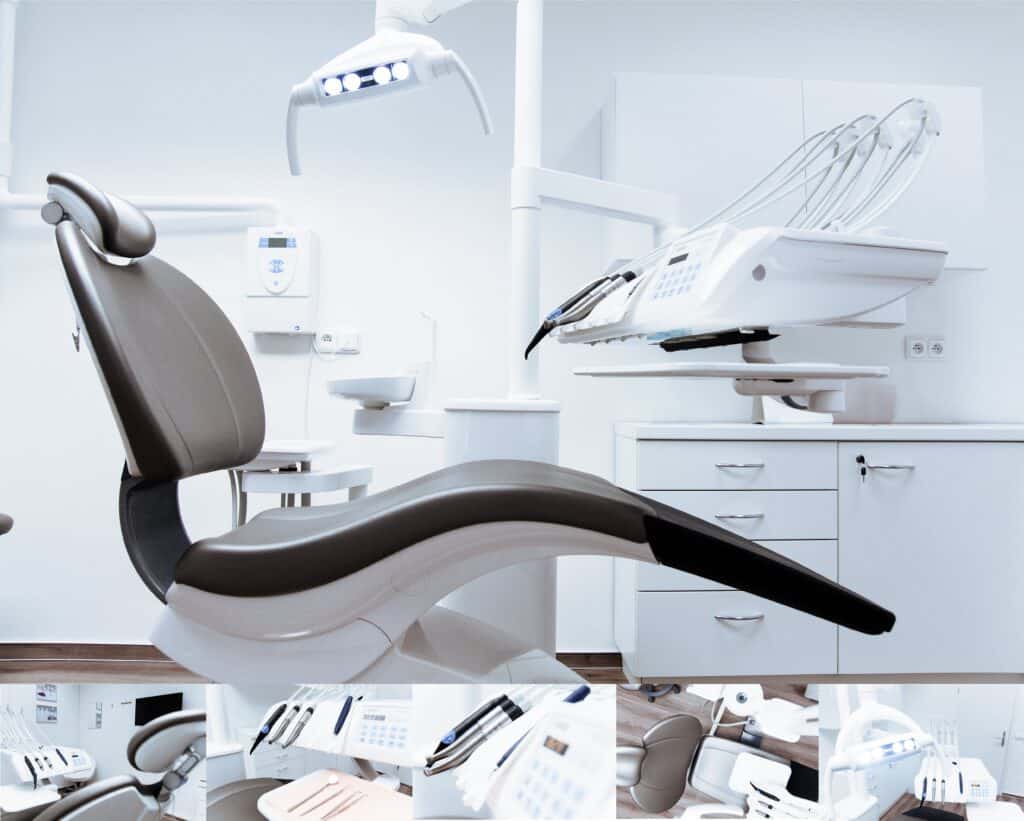Visiting a new dentist for the first time can feel a little nerve-wracking, especially if you’re unsure of what’s involved. Whether you’ve recently moved, switched dental practices, or just haven’t been in a while, knowing what to expect can ease those nerves and make the experience more comfortable.
If you’re wondering about the process, the questions you’ll be asked, or how long your appointment might take, this guide will walk you through everything step by step. By the end, you’ll feel more prepared and confident to make the most of your visit.
Booking the Appointment
Let’s start with the basics: the booking process. You’ll likely need to call or book online, and during this time, the receptionist will ask you for a few details. Be ready to share:
- Your personal information (name, contact details, etc.)
- Health insurance information (if applicable)
- The reason for your visit (e.g., general check-up, toothache, teeth cleaning)
- Your dental history, including when you last visited a dentist and any ongoing concerns
This is also the perfect opportunity to ask questions. Want to know about the clinic’s hours, what services they offer, or if they handle emergency cases? Don’t hesitate to ask—it’s better to clarify early.
Arriving at the Clinic
When the day arrives, aim to get to the clinic a little early. This gives you time to fill out any forms or go through health-related questionnaires. These forms are important because they provide dentists in Mandurah with a clear picture of your overall health. If you have any medical conditions, allergies, or are taking medication, this is where you’ll note it down.
You might also be asked about your dental habits: how often you brush and floss, if you grind your teeth, or if you’ve experienced sensitivity. Answer as honestly as you can—this helps the dentist tailor their advice to your needs.
The Initial Consultation
Once you’re in the chair, the dentist or hygienist will usually start with a chat. They’ll ask about:
- Any specific concerns: Is there a tooth that’s been bothering you? Do you want to discuss cosmetic treatments like whitening or straightening?
- Your dental goals: Are you looking to improve your smile, manage gum health, or maintain routine care?
- Your past experiences: If you’ve had negative experiences or dental anxiety in the past, let them know. Most dentists are trained to help patients feel at ease.
This conversation is a great time to build trust and ensure you’re on the same page. If something doesn’t make sense, ask for clarification—they’re there to help, not rush you.
The Examination
Now for the main part of the visit: the exam. The dentist will take a detailed look at your teeth, gums, and overall oral health. Here’s what typically happens:
- Visual Inspection: The dentist will check your teeth for signs of cavities, cracks, or wear. They’ll also examine your gums for inflammation or recession.
- X-Rays (if needed): If you’re a new patient or haven’t had X-rays in a while, the clinic may take a few to get a deeper look at your teeth, roots, and jawbone. These images help identify issues like hidden decay or impacted teeth.
- Oral Cancer Screening: Many dentists include this as part of a routine check-up. It involves a quick examination of your tongue, throat, and mouth tissues to rule out anything unusual.
If there’s something that needs addressing, the dentist will explain what they’ve found and suggest next steps. Don’t worry if it feels like a lot—this is all about creating a tailored plan for your dental health.
Teeth Cleaning (If Included)
In many cases, your first visit will also involve a professional clean. This is handled by a dental hygienist or the dentist themselves. It typically includes:
- Removing plaque and tartar build-up, especially in hard-to-reach areas
- Polishing your teeth for a smooth, fresh finish
- Flossing to ensure every tooth is cleaned thoroughly
This step leaves your mouth feeling refreshed and helps prevent future issues like gum disease or cavities.
Discussing Your Treatment Plan
After the exam and cleaning, the dentist will sit down with you to go over their findings. If your teeth and gums are in great shape, they’ll likely recommend a standard six-month check-up. If there are areas of concern, you’ll get a clear breakdown of what’s needed, whether it’s a filling, crown, or further testing.
Feel free to ask questions at this stage. Understanding the “why” behind each recommendation ensures you feel informed and empowered about your care.
How Long Will It Take?
The time for a first visit can vary, but generally, you should set aside 45 minutes to an hour. This allows enough time for the consultation, exam, and cleaning without feeling rushed.
Making the Most of Your Visit
Before you leave, take a moment to review the details of your next steps. Do you need to book a follow-up appointment? Should you update your at-home routine based on the dentist’s advice? These small actions help maintain the momentum for a healthier smile.
If you’re not clear on something, don’t hesitate to speak up. Dentists want their patients to feel confident about their care, and no question is too small or silly.
Moving Forward with Confidence
Your first visit to a new dentist is an opportunity to take charge of your oral health. By understanding the process and knowing what to expect, you’re setting yourself up for a smooth and stress-free experience. Whether you’re there for routine care or have specific concerns, being proactive now can save you a lot of hassle down the road.





